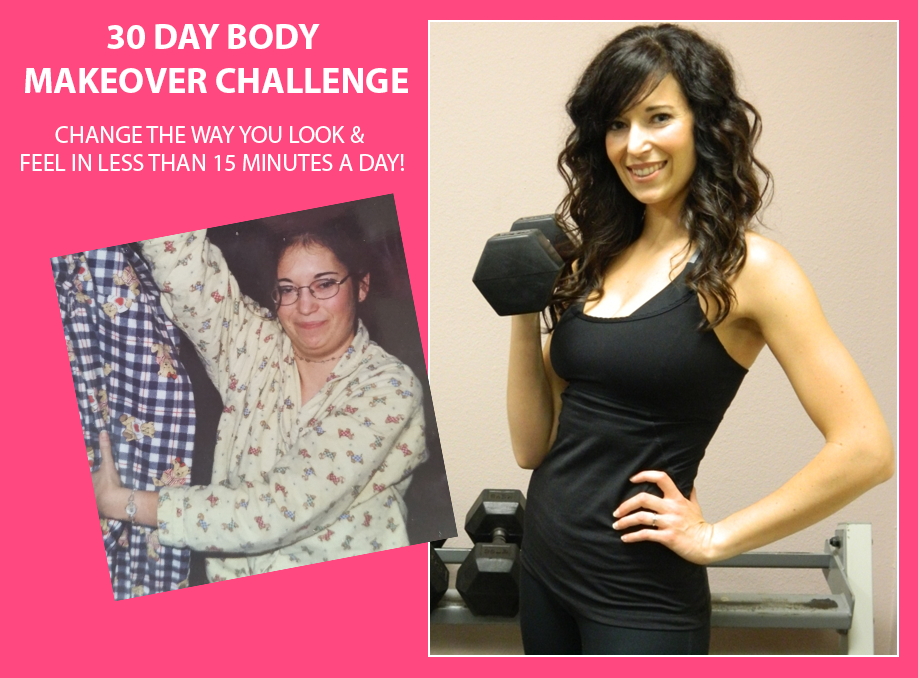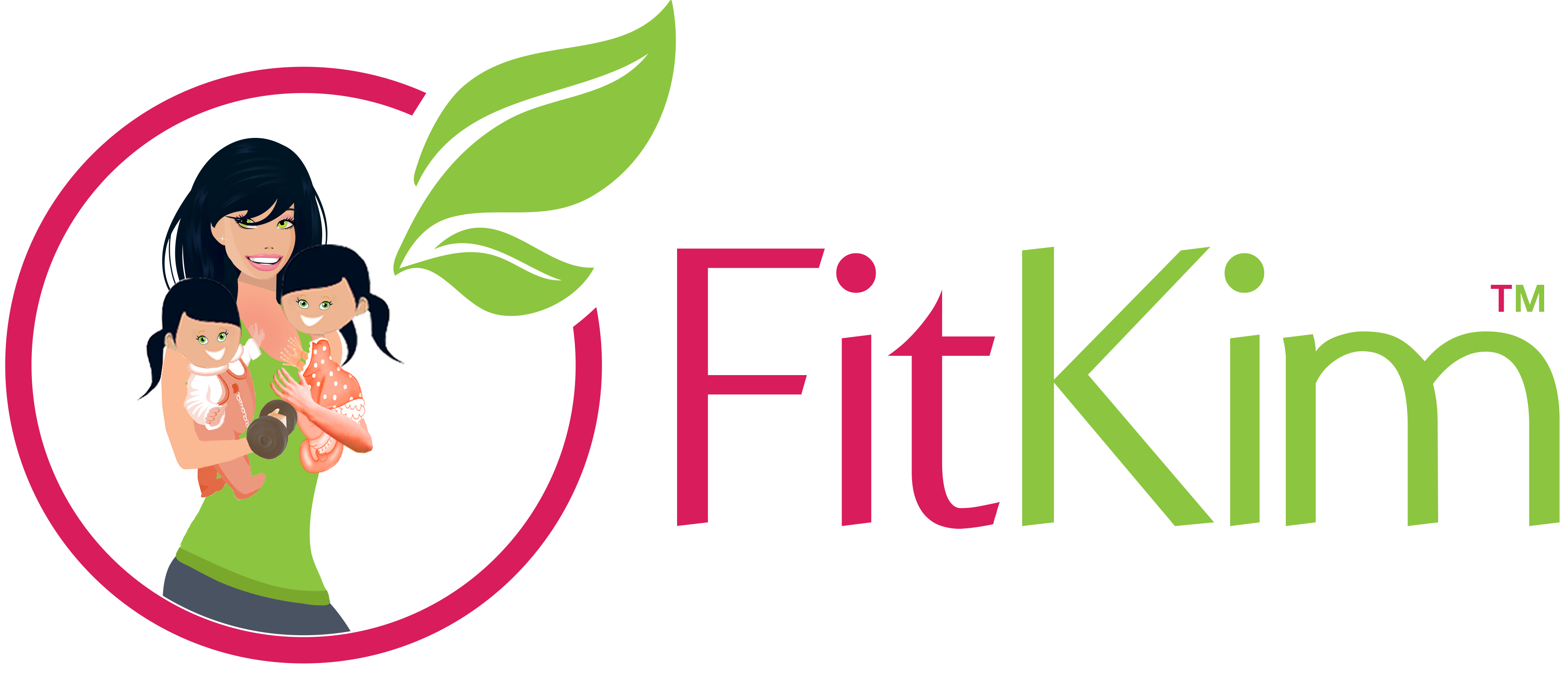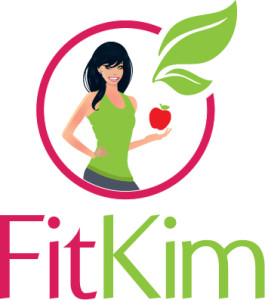Maybe you’ve been told to, or have read an article, about keeping a food journal. Instantly you think, “Ugh, that’s a lot of work!” Sometimes it’s a success just to get ourselves out of the door on time in the morning, much less take the time to log everything we eat all day. But…we still have to wonder why we seem to maintain the extra weight, or do not have as much energy as we’d like to have. Why is that? Could it have anything to do with what we are eating, when we are eating, and how much we are eating?
The answer is, absolutely! I’ve seen and been the girl who worked out for hours on end, and never saw a pound drop off. Later, when I was able to finally have a heart-to-heart with myself, I admitted that my eating was not as tight as it needed to be for me to see a difference. I believe nutrition is 80% of weight loss, so no matter how many hours you spend on a treadmill, what food you choose to put in your mouth will make the biggest difference. Think about it. Let’s say you workout out for about an hour doing a combination of cardio and weight training, you could burn anywhere from 300-600 calories in that hour depending on your weight and height. How easy is to justify taking in a huge amount of calories for your next meal because of your “intense” workout? Re-fueling is essential, but we usually don’t even realize we may be sabotaging our efforts. Writing down what you eat would help you logically take in the necessary calories after your workout, versus what you feel you need.
So what can you do? Start a food journal for three days. Food journaling can be done on paper or electronically. Write down everything you eat and drink, even on a piece of scrap paper if necessary. There are several great online resources as well, and most are free. The benefit of logging your food online is that the software automatically calculates your calories, fats, proteins, carbs, etc for you. If you do opt to do it by hand, have a nutritionist take a look at it and give you feedback. Food journals can help reveal food allergies, problem areas, and ways to improve overall. If your goal is to lose weight, a food journal can monitor your caloric intake to make sure you are creating a deficit against calories burned. dotFIT is the best software I have seen online for monitoring weight loss.
Give food journaling a try for just three days, and you will see so many benefits that you will not want to stop! You will become acutely aware of your eating habits, how many calories are in your favorite foods, and the quality of what you are eating. For just minutes a day, writing it all down IS worth it!
*The information on this site is designed for educational purposes only and has not been evaluated by the Food and Drug Administration. It is not intended to be a substitute for informed medical advice or care. You should not use this information to diagnose, treat, cure or prevent any health problems or illnesses without consulting your pediatrician or family doctor. Thank you!
~by Kimberly Olson
About Me






